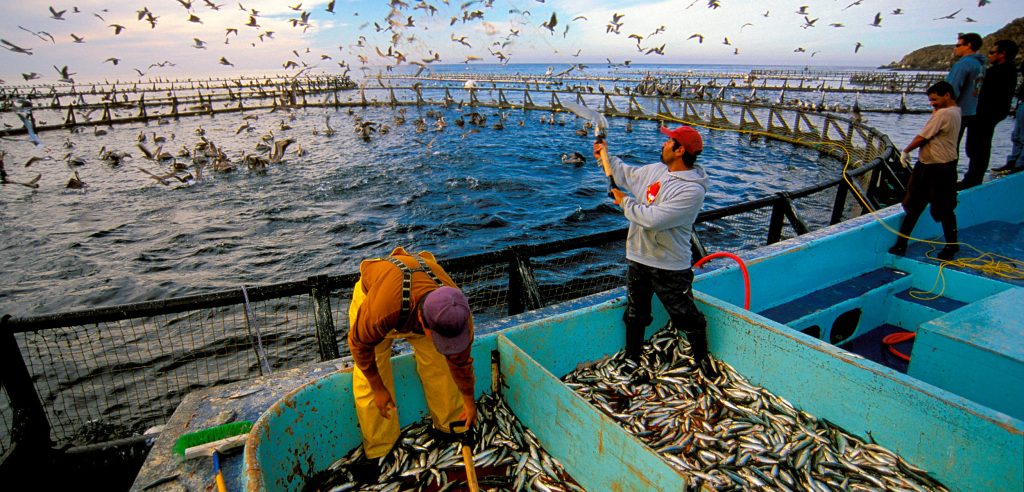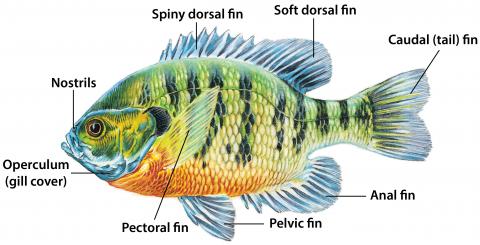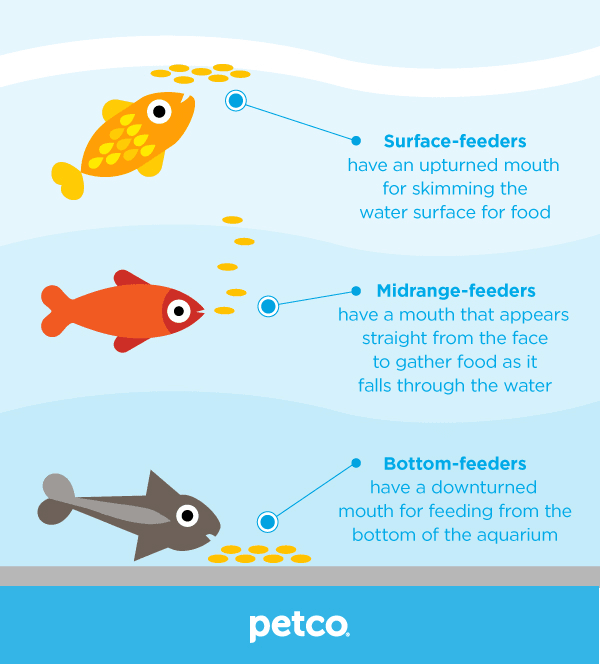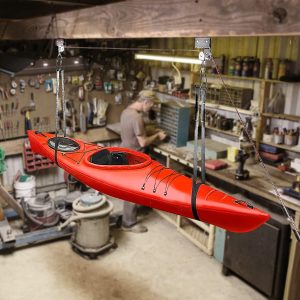In the intricate web of the aquatic ecosystem, live feeder fish play a vital role. These small, agile creatures serve as a crucial link in the food chain, providing a source of sustenance for larger predatory fish and maintaining a delicate balance within the underwater realm. With their swift movements and ability to reproduce rapidly, live feeder fish contribute to the survival and overall health of various species, making them an indispensable component of the underwater world.
The Importance of Live Feeder Fish in the Aquatic Ecosystem
Feeder fish, also known as live feeder fish, play a crucial role in the health and balance of the aquatic ecosystem. These small fish, often used as prey for larger predatory fish, serve several vital functions that contribute to the overall well-being of the ecosystem. From sustaining natural food chains to supporting research and conservation efforts, live feeder fish have a significant impact on the aquatic environment.
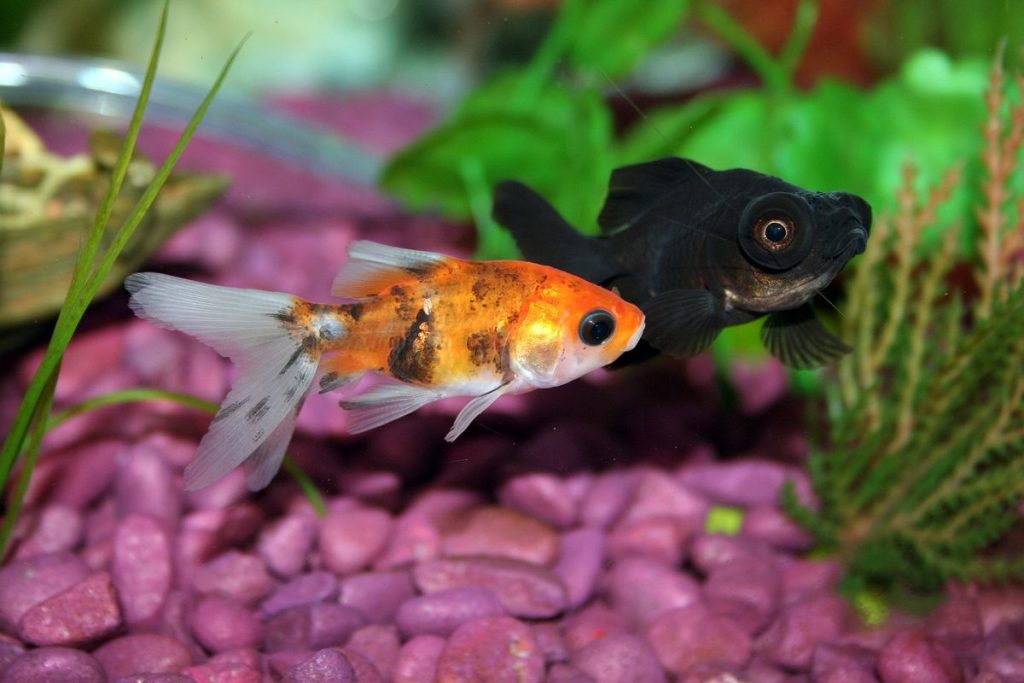
Sustaining Natural Food Chains
At the foundation of every aquatic ecosystem is a complex network of food chains. These chains consist of different trophic levels, each contributing to the flow of energy and nutrients throughout the ecosystem. Live feeder fish, as primary consumers, are essential in sustaining these natural food chains.
Promoting Biodiversity
One of the most significant benefits of live feeder fish in the aquatic ecosystem is their role in promoting biodiversity. Feeder fish serve as a food source for a variety of species, supporting the dietary needs of a diverse range of fish and other aquatic organisms. By providing a readily available food source, feeder fish help sustain a healthy and diverse population of predators and other dependent species.
Additionally, feeder fish contribute to the creation of habitats and the provision of niches within the ecosystem. As they reproduce and populate various habitats, feeder fish foster the development of different microenvironments, further enhancing biodiversity in the aquatic ecosystem.
Nutrient Cycling
Feeder fish play a crucial role in the nutrient cycling process within the aquatic ecosystem. As they consume plant matter and smaller prey, the nutrients contained within them are assimilated and digested. When these fish are then consumed by larger predators or decompose, these nutrients are released back into the environment.
This biological recycling of nutrients supports the growth of aquatic plants and algae, which are essential components of the ecosystem. By providing a continuous supply of nutrients, feeder fish contribute to the overall health and productivity of the ecosystem.
Controlling Population Dynamics
One of the key functions of live feeder fish is to help maintain a balance between prey and predator populations in the aquatic ecosystem. As prey for larger predatory fish, feeder fish are an important factor in controlling the abundance and distribution of these predators.
Additionally, feeder fish help prevent the overpopulation of algae and invasive species. By consuming excess algae, feeder fish help regulate their growth and maintain ecological balance. Furthermore, they serve as an efficient tool in controlling the spread of invasive species, providing a natural means of population control.
Enhancing Growth of Predatory Fish
Live feeder fish provide optimal nutrition for carnivorous fish, facilitating their growth and development. Carnivorous fish have specific dietary requirements that can be met by consuming live feeder fish. This ensures that predatory fish receive the necessary nutrients for healthy growth and optimal physical condition.
Furthermore, the act of hunting and capturing live prey stimulates natural hunting behavior in predatory fish. This behavioral enrichment promotes both physical and mental well-being, helping predatory fish develop and maintain their hunting skills.
Providing Environmental Enrichment
In addition to enhancing the growth of predatory fish, live feeder fish also provide environmental enrichment. By mimicking the natural foraging behavior of fish, feeder fish allow predatory fish to engage in their instinctual hunting and feeding practices. This provides mental stimulation and prevents behavioral issues that may arise from a lack of environmental enrichment.
Additionally, the presence of live prey helps reduce stress levels in predatory fish. The act of hunting and interacting with live feeder fish engages natural behaviors and promotes overall well-being in captive fish populations.
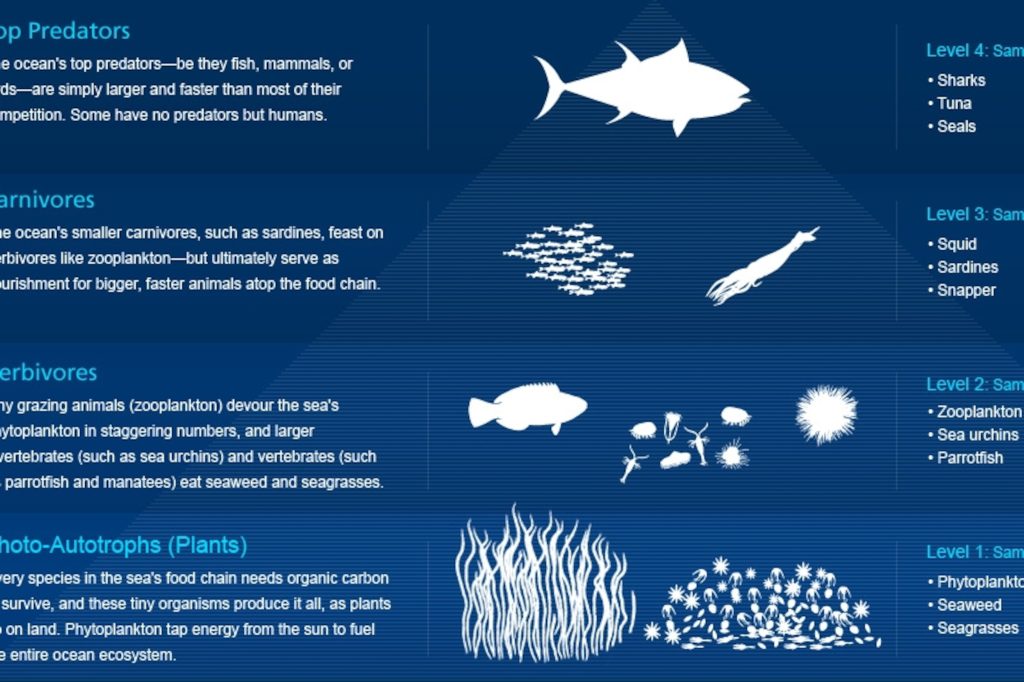
Boosting Reproductive Success
Live feeder fish play a vital role in ensuring the reproductive success of fish species. Breeding fish require adequate nutrition to support the growth and development of their offspring. By providing a nutrient-rich food source, live feeder fish contribute to the overall health and reproductive success of these breeding fish.
Furthermore, the presence of live prey stimulates courtship and spawning behaviors in fish. The natural movement and behavior of live feeder fish act as a catalyst for reproductive activities, increasing the likelihood of successful reproduction in captive fish populations.
Supporting Research and Conservation Efforts
Live feeder fish are invaluable tools in research and conservation efforts focused on understanding and preserving aquatic ecosystems. By monitoring and assessing the health of the ecosystem, scientists can collect data on fish populations and behavior. This information is crucial in understanding the dynamics of aquatic ecosystems and implementing effective conservation strategies.
Furthermore, the use of live feeder fish in controlled studies allows researchers to investigate various aspects of fish physiology, behavior, and nutrition. These studies provide valuable insights into the behavior and requirements of fish species, contributing to their well-being and conservation.
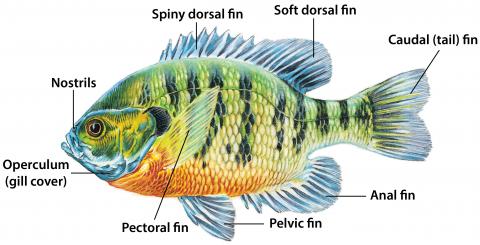
Educational Opportunities
The use of live feeder fish in educational settings offers valuable learning opportunities for students of all ages. Observing the interactions between prey and predator fish provides a firsthand understanding of the intricate relationships within aquatic ecosystems. Students can witness the dynamics of food chains, energy transfer, and population control in action.
Additionally, working with live feeder fish allows students to develop hands-on skills in fish care and husbandry. They learn about the importance of providing appropriate nutrition and environmental enrichment to maintain the health and well-being of captive fish populations.
Challenges and Concerns
While the use of live feeder fish brings numerous benefits to the aquatic ecosystem, certain challenges and concerns must be addressed. One of the primary concerns is the risk of disease transmission. Feeder fish, when sourced from wild populations, may introduce pathogens or parasites to captive fish populations, potentially leading to disease outbreaks.
Ethical concerns and animal welfare also need to be considered when using live feeder fish. Responsible practices should be implemented to ensure the humane treatment and proper care of feeder fish throughout their lifecycle.
Regulatory frameworks and sustainable practices play a crucial role in addressing these challenges and concerns. Implementing regulations and guidelines for the sourcing, breeding, and transportation of live feeder fish can help mitigate the potential risks associated with their use. Additionally, promoting sustainable practices, such as breeding feeder fish in controlled environments, can reduce the impact on wild populations.
In conclusion, live feeder fish play an integral role in the health and balance of the aquatic ecosystem. By sustaining natural food chains, promoting biodiversity, supporting nutrient cycling, controlling population dynamics, enhancing the growth of predatory fish, providing environmental enrichment, boosting reproductive success, supporting research and conservation efforts, and offering educational opportunities, these small fish contribute significantly to the overall well-being of the aquatic environment. However, it is essential to address the challenges and concerns associated with their use to ensure the ethical treatment of feeder fish and the sustainability of their role in the aquatic ecosystem. Through careful regulation and responsible practices, the importance of live feeder fish can be realized while minimizing the potential risks involved.
